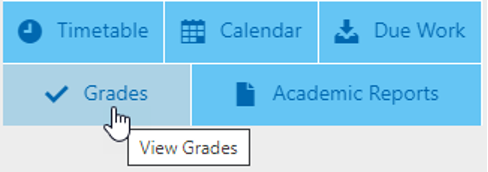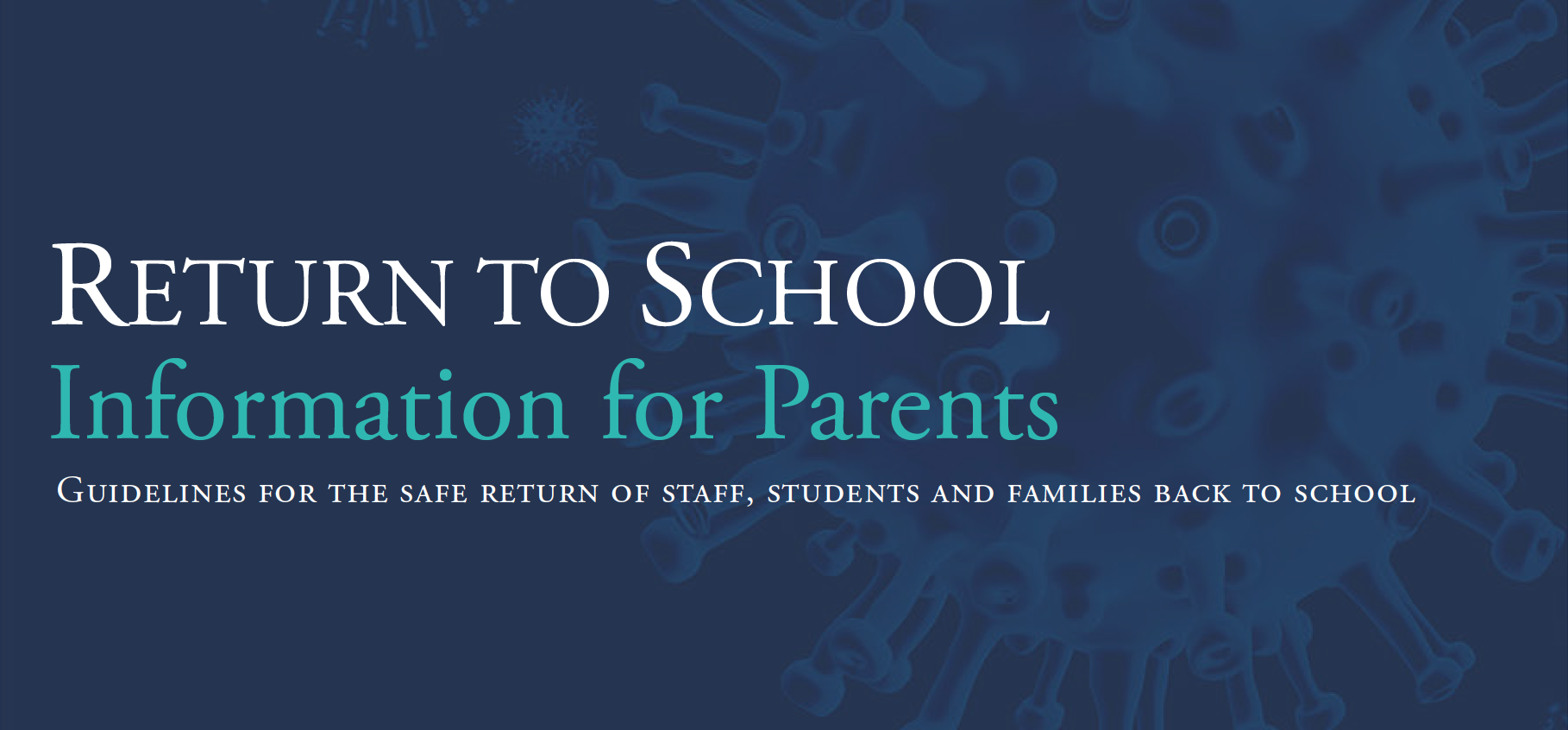KEEP INFORMED

the hub is Here
St Andrews Christian College was thrilled to welcome parent access to ‘the hub’,our new on-line Learning Management System and Information Portal.
This will enhance the educational experience for parents, students and teachers and help build a stronger, more collaborative College community. Watch the Introductory Video below as well as download & read our User Guide here.
If you haven’t already explored ‘the hub’ we encourage you to view the Introductory Video and login to see your child’s academic progress through the “Grades” link.
Michael Swanborough
Head of Learning and Teaching
Return to School - Term 4
Dear Parents and Carers,
Well done to you all for getting through Term 3! What a term!
The beginning of Term 4 will bring back some of our year levels to face-to-face learning at the College – while unfortunately others will continue to do remote on-line learning. We will return to our normal timetable and a 9:00am – 3:30pm schedule for all students.
Please read the attached notice and timeline for more details on expectations and hygiene measures.
Brief outline:
Prep to Year 11 – Monday 5th October – Student Free Day – NO School for students
PREP, YEARS 1 & 2
- Tuesday 6th October – Students will return to remote on-line learning from home.
- Monday 12th October - Students will return to face-to-face learning at school – normal times. Face masks for junior students are optional.
YEARS 3, 4, 5, 6, 7, 8 & 9
- Tuesday 6th October - Students will return to remote on-line learning from home and continue with this arrangement until further advice from the Government.
YEAR 10
- Tuesday 6th October - Students will return to remote on-line learning from home.
- Wednesday 7th October - Remote on-line learning BUT no Unit 1&2 classes (if enrolled) due to the GAT.
- Monday 12th October - Face-to-face learning begins at school with timetabled classes.
Face masks to be worn all the time, except for eating/drinking and energetic PE classes.
YEAR 11
- Tuesday 6th October - Students will return to remote on-line learning from home and begin Unit 1&2 classes.
- Wednesday 7th October - Remote on-line learning BUT no Unit 1&2 classes due to the GAT.
- Monday 12th October – Face-to-face learning begins at school with timetabled Unit 1&2 classes.
Face masks to be worn all the time, except for eating/drinking and energetic PE classes
YEAR 12
- Monday 5th – Friday 9th October - Online Unit 3&4 Practice Exams. No Unit 3&4 classes during this time.
- Wednesday 7th October - The GAT at school.
- Monday 12th October - Unit 3&4 Practice Exam at school. No Unit 3&4 classes.
- Tuesday 13th October - Unit 3&4 timetabled classes begin at school.
We all continue this marathon and we must PACE ourselves!
P – Pray and give all to God! Spend time with God with all our heart and mind.
A – Achieve in ways where we ‘better’ ourselves in some way and learn something new.
C – Care and connect with others to help and encourage them.
E – Engage in our learning for deep understanding and enjoyment.
We will keep going and do our best – not only because we have done it before, but because God is with us. God is present with us by His Holy Spirit for all those who trust in Jesus.
We approach each day – one day at a time, in His wisdom, strength, peace, comfort and hope.
Trust God and let Him care for you. 1 Peter 5:7
Blessings to all you,
Catriona Wansbrough
Principal
Resources for Parents
Dear Parents and Carers,
The Office of the eSafety Commissioner has a range of resources for Parents and information about staying safe online during COVID-19. We encourage you all to take advantage of these resources that can support you!
Catriona Wansbrough
Principal
Cardus Education Survey (CES) Australia – Australian Schools and the Common Good
Cardus is a Canadian-based independent think tank dedicated to the renewal of social architecture that has, since 2011, been gathering and analysing data about the ways secondary school graduates in Canada and USA contribute to and engage with the common good in early adulthood. The Cardus Education Survey (CES) Australia was funded and coordinated by a consortium project team consisting of six Australian Christian school associations. During October – December 2019 a group of nearly 5000 Australians aged 25 – 39 who graduated from Secondary School between 1998 and 2011 were surveyed.
The Cardus Education Survey Australia report seeks to identify and quantify how this group of Australians - popularly named Millennials - contribute to the flourishing of Australian communities. It explores the extent to which these contributions are evident many years after they graduated. The insights within this report highlight the role schools and educational sectors play in preparing their students for contributing to the common good. The aim of students contributing to the common good is not just for self-interest but for active and meaningful engagement with and for society as a whole – civically, socially and religiously.
Education in Australia has historically focused on the responsibility of schools to instil values that go beyond self-interest and personal benefit. Schools as social institutions have played a significant role in helping to form engaged and responsible citizens. Through education, young people are prepared and shaped into the kinds of people who can enrich and benefit their neighbours and the community. All Australian schools, from all sectors share responsibility for the flourishing of Australian society. This important task is not just the responsibility of school education alone but requires a partnership with the home and wider community to shape the lives of young people.
The Report categorised results in the following six areas: Formation, Work, Belonging, Generosity, Family and Religion. A brief summary of some of the key findings is outlined below:
Formation: The concept of formation refers to the way that schools shape the values and character of young people throughout their schooling experience. Christian school graduates believe their school prepared them to find a sense of meaning, purpose and direction in life and also equipped them to deal with personal relationships.
Generosity: The common good is promoted through Millennials’ generosity in giving and volunteering once they have graduated. Overall, Christian school graduates volunteer most frequently.
Religion: Millennial Christian school graduates are most likely to have prayed, engaged with a religious text or attended a religious service at least monthly in the past 12 months. This spiritual formation and the commitment to practices of faith are the outcomes of both the educational context and the familial influence.
Each Australian school graduate is not merely an individual but a member of a community and flourishing is only fulfilled if it is evident in both the individual and the community. This posture needs to be cultivated more widely in an increasingly self-interested and privatised public square. It requires a shift in cultural thinking to view the benefits that accumulate for society as a whole are greater than the benefits received by individuals separately. Christian schools and their communities have a vital role to play in shaping our country’s identity and character.
A copy of the full Cardus Education Survey (CES) Australia report can be found at https://carduseducationsurvey.com.au/
A summary report and infographic are also available.
Michael Swanborough
Head of Learning and Teaching



